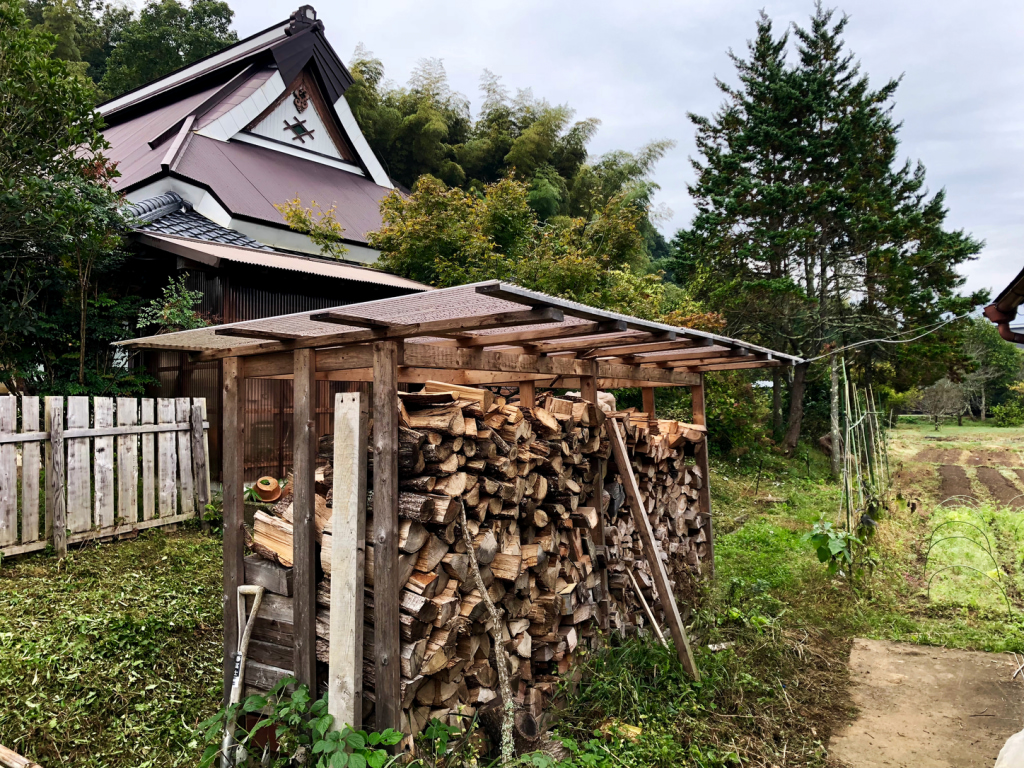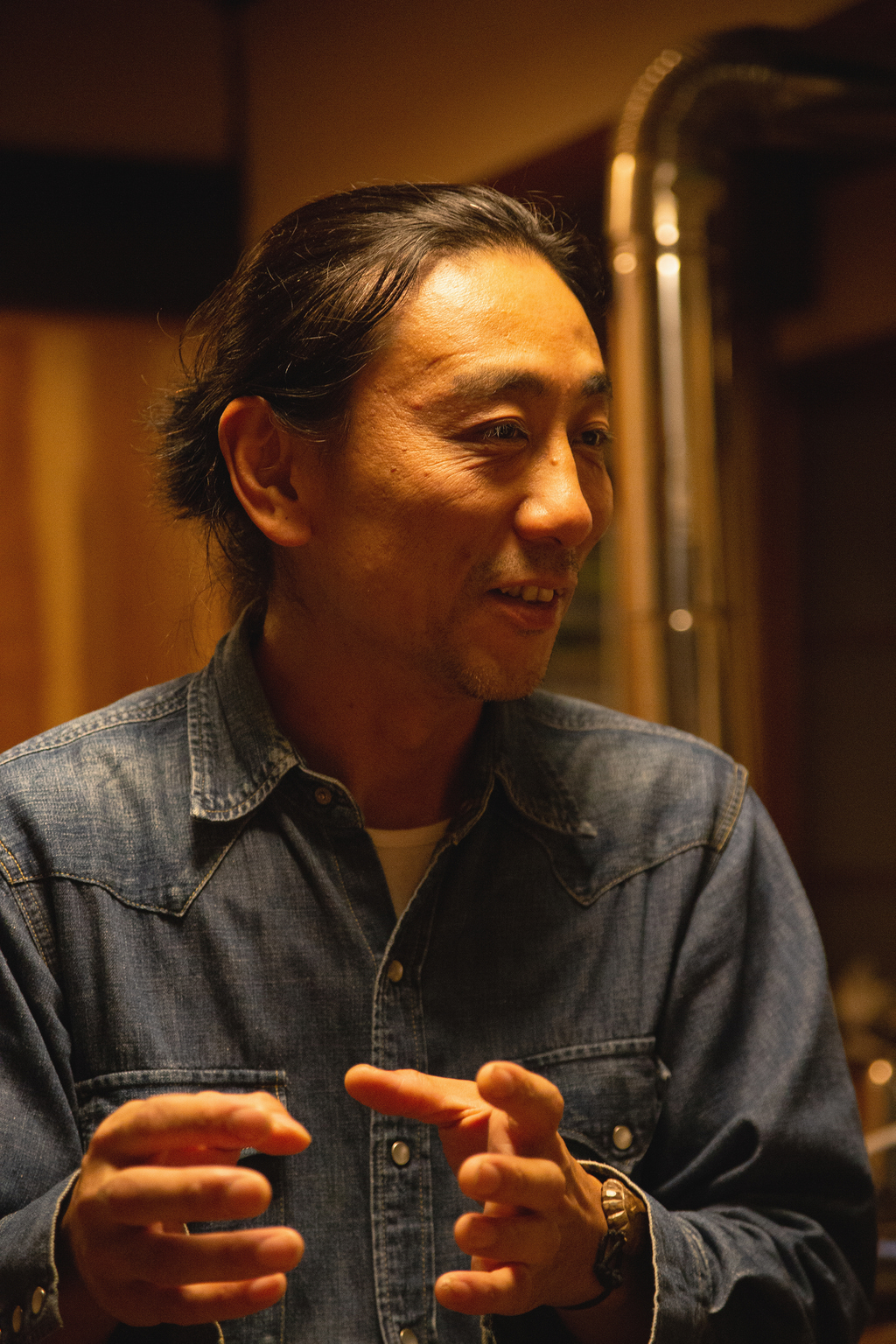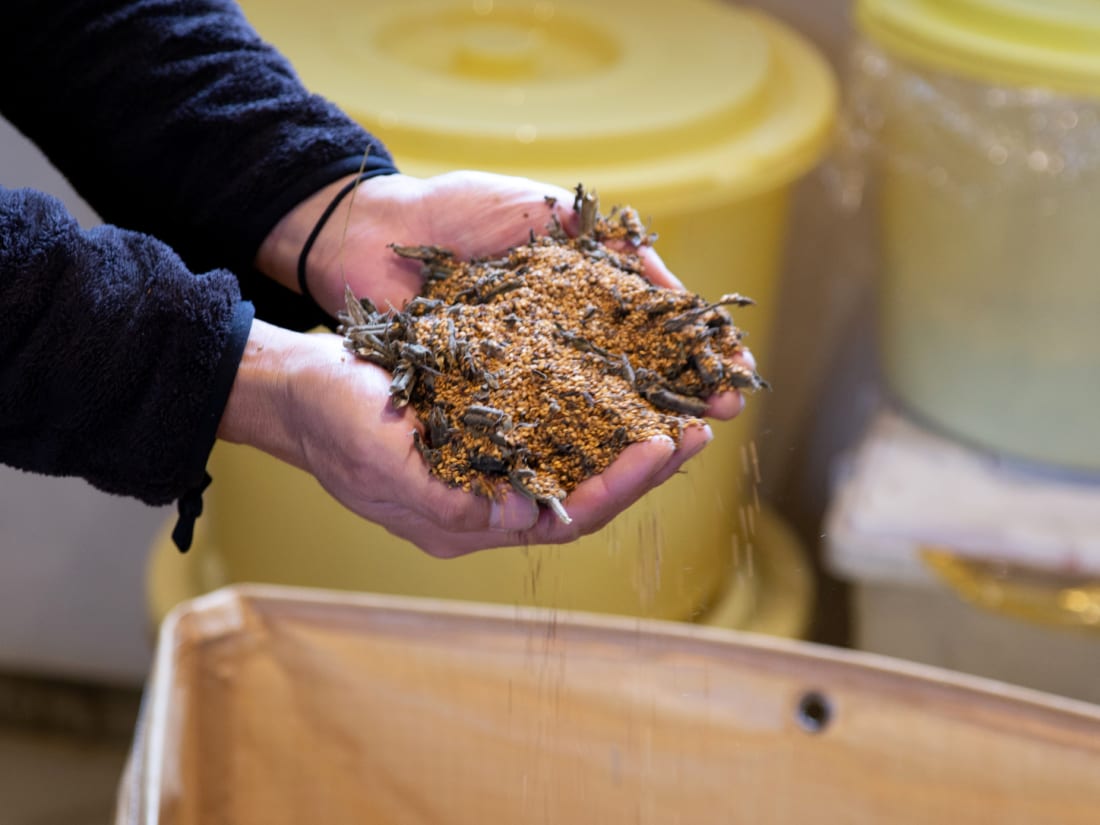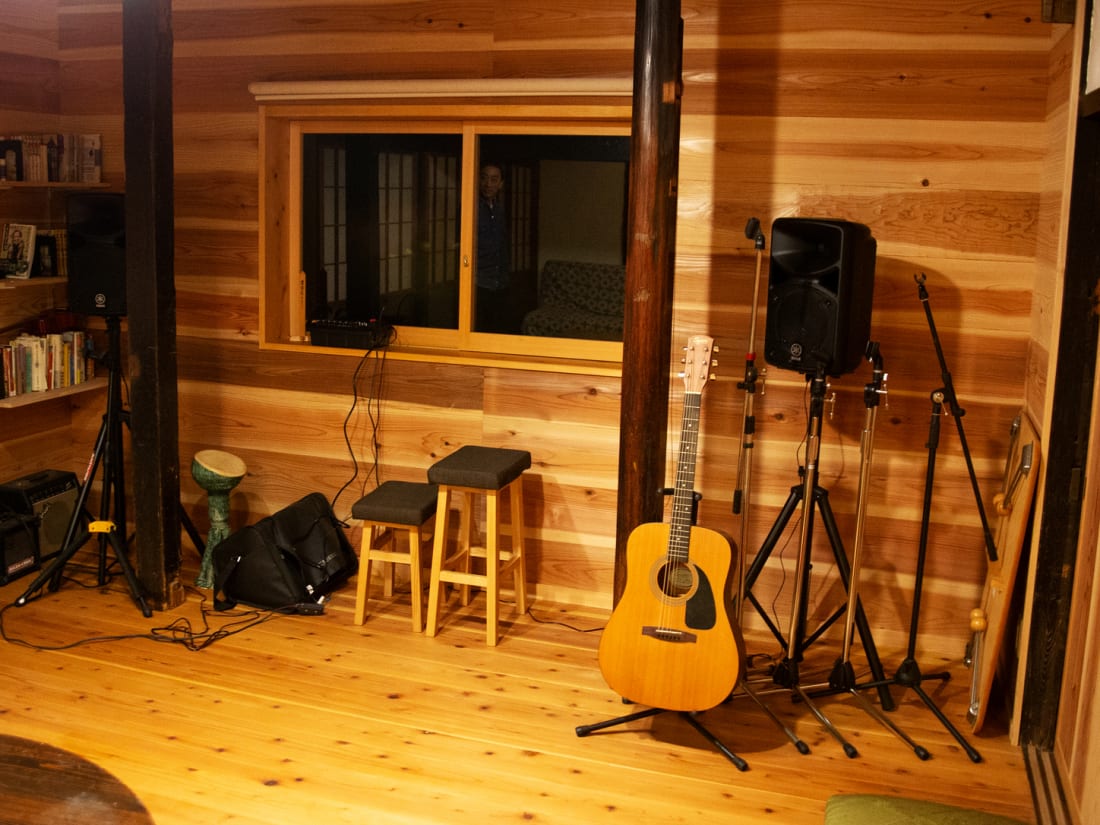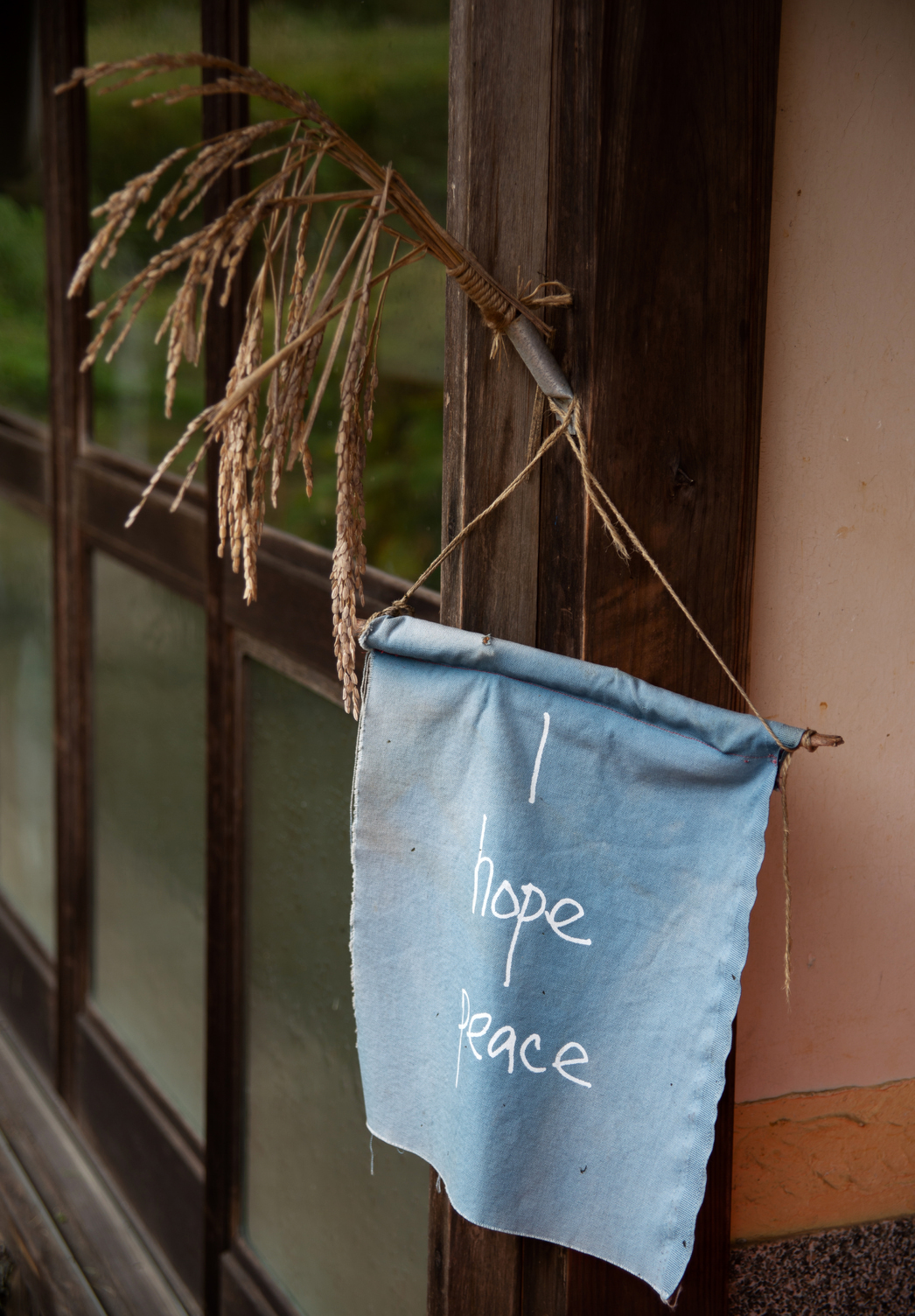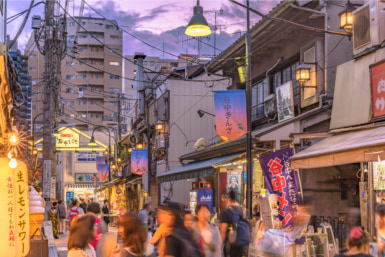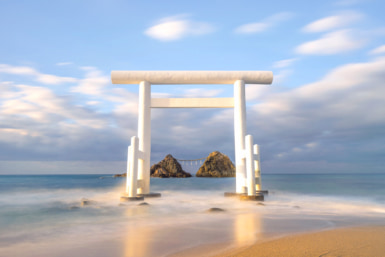As Cat Stevens plays on the radio, Kampei Kushida leans over the rustic wood table of his renovated kitchen and sprinkles a healthy dose of freshly roasted sesame seeds over a bowl of rice.
Kushida grew the sesame seeds in his garden. The rice was hand-picked by Kushida from the three paddies spread out before the farmhouse in rural Ayabe, a small city north of Kyoto.
“The rice is made from last year’s crops,” says Kushida, decked out in a denim shirt and brown apron, his long black hair pulled into a ponytail. “So it is the freshest.”
Japan Farm Life
Known mainly for its textiles, Ayabe has also developed a small community of bed and breakfast-type establishments called farm inns. Visitors are welcomed to experience rural life with guidance from local farmers. While most of the local farmers have retired, a younger generation of former city-dwellers have taken up the torch.
Following the 2011 earthquake and tsunami, Tokyo-native Kushida left behind the life of a salaryman to become a farmer, opening Pokapoka farm-inn in 2017. He bought the rundown Ayabe farmhouse and a slice of the mountain. He kept the house’s rustic wooden frame but installed modern conveniences. The roof is now tiled, but the original thatch can still be seen underneath the eaves. The washroom used to be a horse stable.
“I came here for the clean air and water and healthy living,” says Kushida, who worked for an organic produce company in Tokyo. “I am learning my own style because I have to do it all by myself.”
Self-sustaining Practices
Kushida had never grown rice before, so he learned from friends and observed other farmers’ techniques. He doesn’t use any machinery or chemical fertilizers on Pokapoka farm, and besides rice and sesame seeds, Kushida’s land is flush with garlic, onions, seasonal vegetables and persimmon trees.
While the surrounding mountains are home to boar, bears and monkeys, Kushida says the biggest threat to his farm are the encroaching bamboo groves. The whispery trees sway back and forth in the wind, thrashing about and killing the surrounding brush and saplings, so Kushida spends a good deal of time combatting the bamboo.
For his guests’ dinner, Kushida cooks nabe soup over a wood-fired, cast iron stove. The nabe is loaded with flavor-bursting chicken and fresh vegetables he either grew himself or sourced locally. Country and folk music plays on the radio as he happily entertains his dinner companions.
Kyoto’s Great Outdoors
Also an accomplished singer-songwriter who performed at music festivals in Korea and China, Kushida set up a music stage in the front room where he can entertain guests. On nice evenings he can slide open the doors and perform an outdoor concert. A well-used fire pit is set up in front of the farmhouse, and the mountain air has the faint aroma of freshly clipped grass.
The site consists of the main farmhouse as well as a newly renovated guest house. Both buildings have large, spacious bedrooms with comfortable beds or futons, modern art, and decorative light fixtures.
Kushida wakes up before sunrise to prepare a traditional washoku breakfast for his guests. As everyone stumbles around to pack up their belongings, Kushida pulls out his guitar and plays one of his original songs.
“I chose this way to live with nature,” says Kushida. “To farm and touch the earth.”
Farm-inn Access
Pokapoka farm is a 10-minute drive from Ayabe Station. Kushida offers free transportation to and from the farm-inn. Nightly rates are ¥7,000 per person. Reservations can be made by e-mail in English.
Find details on the Pokapoka website.
Photographs by Robert Kirsch

